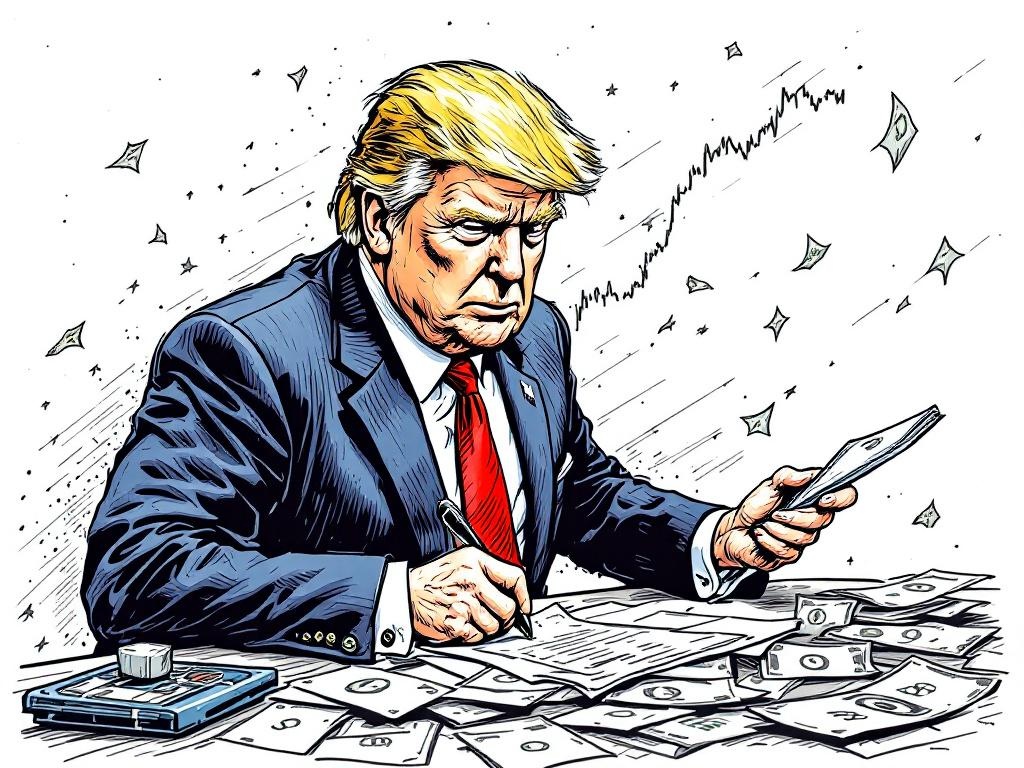Trump Halts Trade Talks with Canada Amid Controversial Reagan Ad

Washington, D.C., Friday, 24 October 2025.
President Trump ends all U.S.-Canada trade negotiations, citing a Canadian ad featuring Ronald Reagan that he claims distorts facts to influence U.S. court decisions.
The Catalyst: A Controversial Ad
The recent announcement by President Donald Trump to end trade negotiations with Canada was precipitated by a contentious advertisement aired in Canada. The ad, which features former U.S. President Ronald Reagan, allegedly distorts his historical remarks to criticize U.S. tariffs. Trump accused Canada of using the ad to manipulate the outcome of a pending U.S. Supreme Court case concerning trade tariffs. The ad, funded by Ontario’s provincial government, has been called a misrepresentation by the Ronald Reagan Presidential Foundation and Institute, which noted that the remarks were edited without permission [1][2][3].
Economic Implications of Terminated Talks
The halt in trade negotiations could have significant economic implications given the volume of trade between the U.S. and Canada. More than three-quarters of Canadian exports are destined for the U.S., with approximately USD 2.7 billion worth of goods crossing the border daily [2][4]. Canadian Prime Minister Mark Carney has responded to the escalating tensions by pledging to double Canada’s exports to non-U.S. markets. This decision underscores the country’s need to diversify its trading partners amidst the uncertainty of U.S. tariffs [2][4].
Political Reactions and Future Prospects
The political landscape in both countries reflects heightened tensions. Ontario Premier Doug Ford initiated the controversial ad campaign, spending CAD 75 million (approximately USD 54 million) to run the ads in the U.S. until January 2026 [3][5]. Both Trump and Carney are scheduled to attend major international summits in Asia late this month, where discussions could further influence trade relations [5]. Meanwhile, the U.S.-Mexico-Canada Agreement is slated for review in 2026, adding another layer of complexity to the already fraught trade discussions [5].
A Broader Context of Tariff Policies
President Trump’s administration has consistently emphasized tariffs as a tool for economic leverage. The U.S. has imposed various tariffs on international partners, affecting multiple sectors including automotive and aluminum industries. Notably, Trump’s tariffs have significantly impacted Canada’s auto sector, prompting companies like Stellantis to relocate production lines from Ontario to Illinois [2][3]. These developments highlight the ongoing challenges and strategic shifts in North American trade dynamics [2][3].